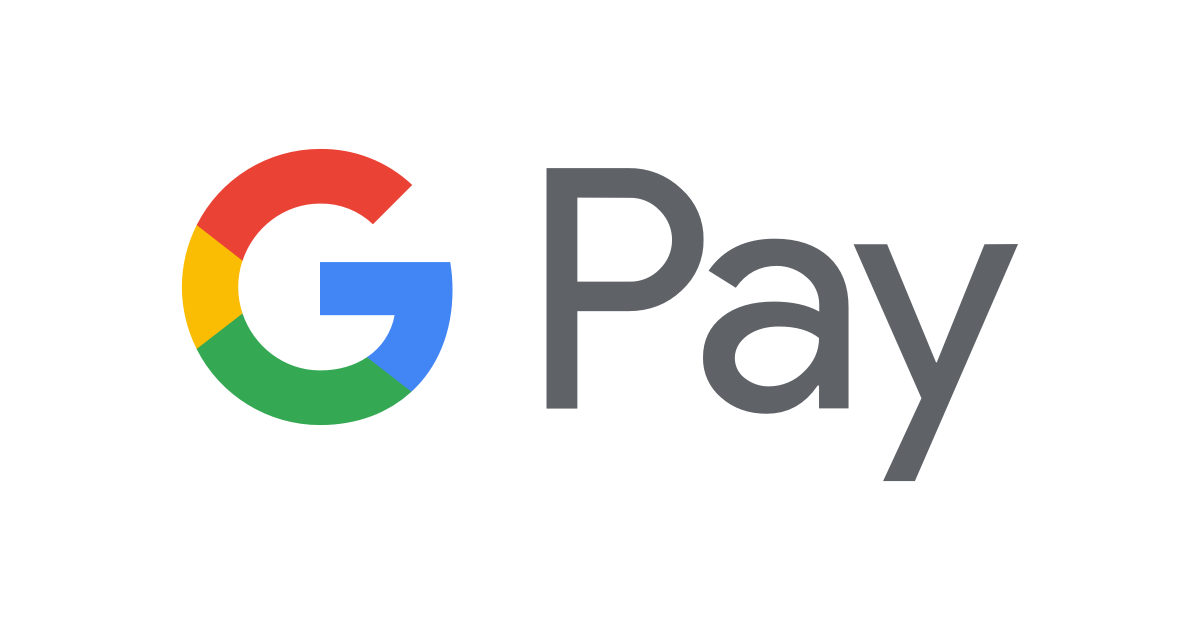Europe’s antitrust regulators slapped Google with a massive fine on Wednesday for the 0.33th time in less than two years, ordering the tech giant to pay 1.Forty-nine billion euros ($1.7 billion) for freezing out competitors in the online marketing business.
The ruling brings the fines imposed against Google by the European Union to almost $10 billion. It comes at a time when large tech corporations around the sector are experiencing increasing regulatory pressure and fierce political assaults over privacy violations, online incorrect information, hate speech, and other abuses.
Still, the ultra-modern penalty isn’t likely to have much effect on Google’s business. It entails practices the employer says it has already ended, and the sum is only a fraction of the $31 billion in profit that its discern, Alphabet, made last year. Alphabet stock rose two percentage points on Wall Street on Wednesday.
The EU ruling applies to a small part of Google’s advertising business: Google sells advertisements next to Google search results on 1/3-celebration websites. Investigators determined that Google inserted exclusivity clauses in its contracts that barred these websites from jogging further located commercials sold through Google’s competitors.
As a result, advertisers and website proprietors “had less desire and likely faced higher prices that might be exceeded directly to customers,” stated the EU’s competition commissioner, Margrethe Vestager. She said anyone who suffered from Google’s behavior could seek reimbursement through country-wide courts.
EU regulators opened their investigation in 2016—seven years after Microsoft filed a grievance—though Google had already made a few adjustments to provide clients more freedom to reveal competing commercials by then. For that reason, regulators no longer required a specific remedy to restore opposition.
Google no longer said whether it might be an enchantment. But Vestager said it regarded competitors as incapable of seizing up, and some are “quite small.” By comparison, the EU stated that Google has greater than 70 percent of the European market for promoting commercials that run alongside seek outcomes on third-party websites. bean
“We’ve already made a wide variety of changes to our merchandise to cope with the fee’s worries,” Google’s senior vice president of global affairs, Kent Walker, said in an announcement. “Over the following few months, we’ll be making additional updates to give greater visibility to European competitors.”
E-marketing analyst Bill Fisher mentioned a “developing wave of sentiment” closer to curtailing the impact of Big Tech and said that even if the EU’s rulings apply simplest to Google’s European operations, Google must “start to open up, become more obvious, and possibly look to adjust a number of its commercial enterprise practices” internationally.
Earlier this month, a British professional panel advocated the authorities shrink the dominance of giants like Facebook, Amazon, and Google. Democratic presidential candidate Elizabeth Warren has proposed breaking apart the largest American tech organizations, accusing them of wielding too much energy.
As part of a settlement with the American Civil Liberties Union and other activists this week, Facebook agreed to overhaul its advert-targeting systems to save you from discrimination in housing, credit, and employment advertisements.
The EU has led the way in making the law more difficult for large tech companies. Besides cracking down on antitrust breaches with the aid of Microsoft and Intel, it has enforced stricter data privacy regulations that affect Facebook and other social media corporations.

U.S. regulators haven’t been as tough, although the Federal Trade Commission has created a venture force focused on anti-aggressive conduct within the industry.
In the last 12 months, Vestager fined Google a document four. Thirty-four billion euros ($five billion at the time) forced cellular phone makers to use the agency’s Android-running device to install Google search and browser apps.
In 2017, she penalized Google 2.42 billion euros ($2.7 billion) for manipulating online buying seek results and directing site visitors to its contrast-shopping provider, Google Shopping, at the expense of its opponents.
